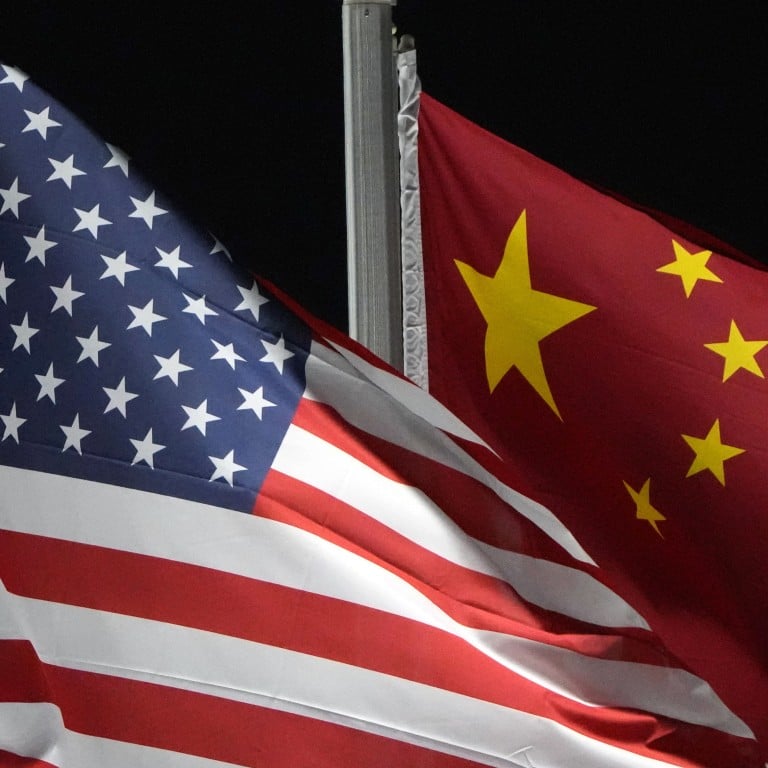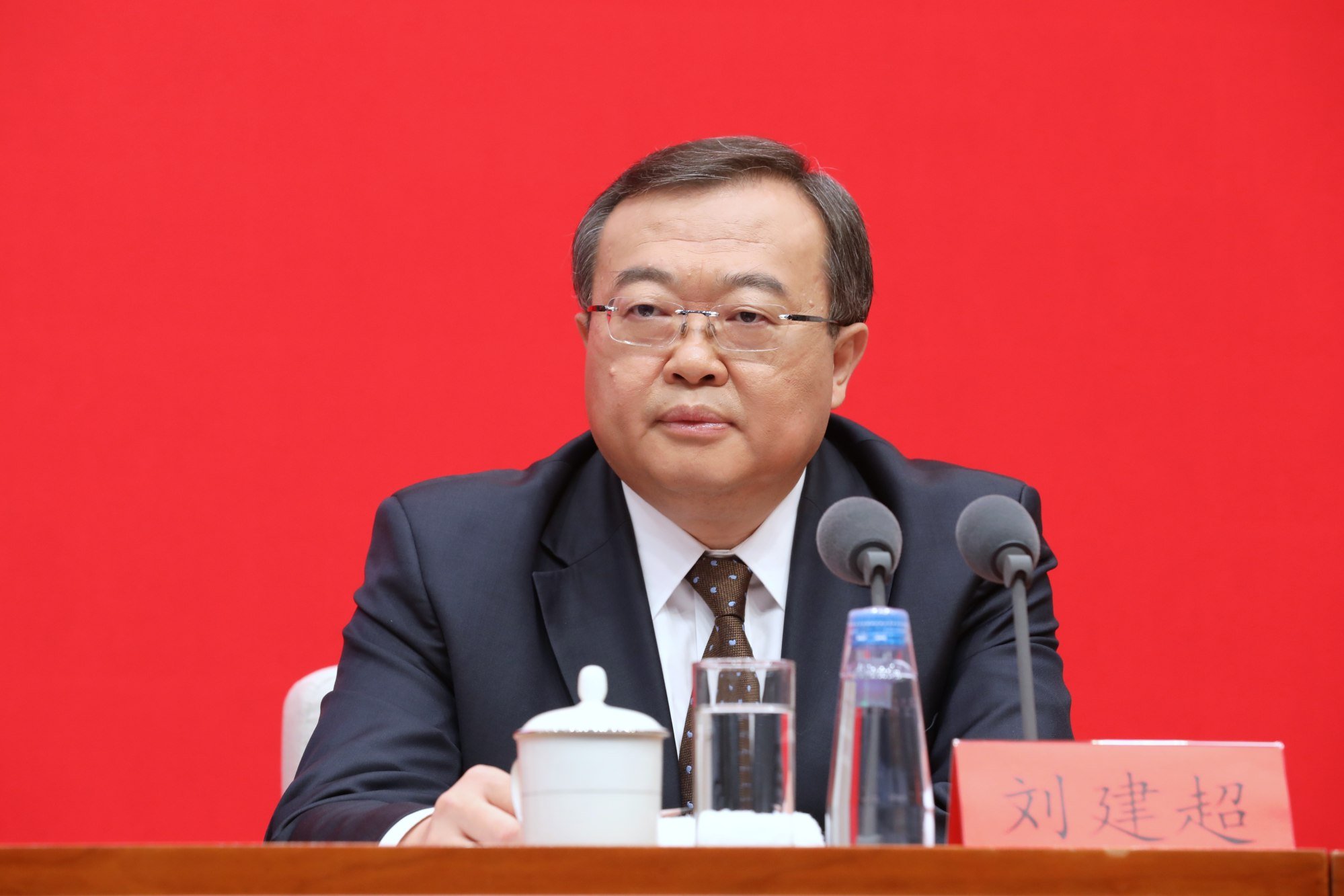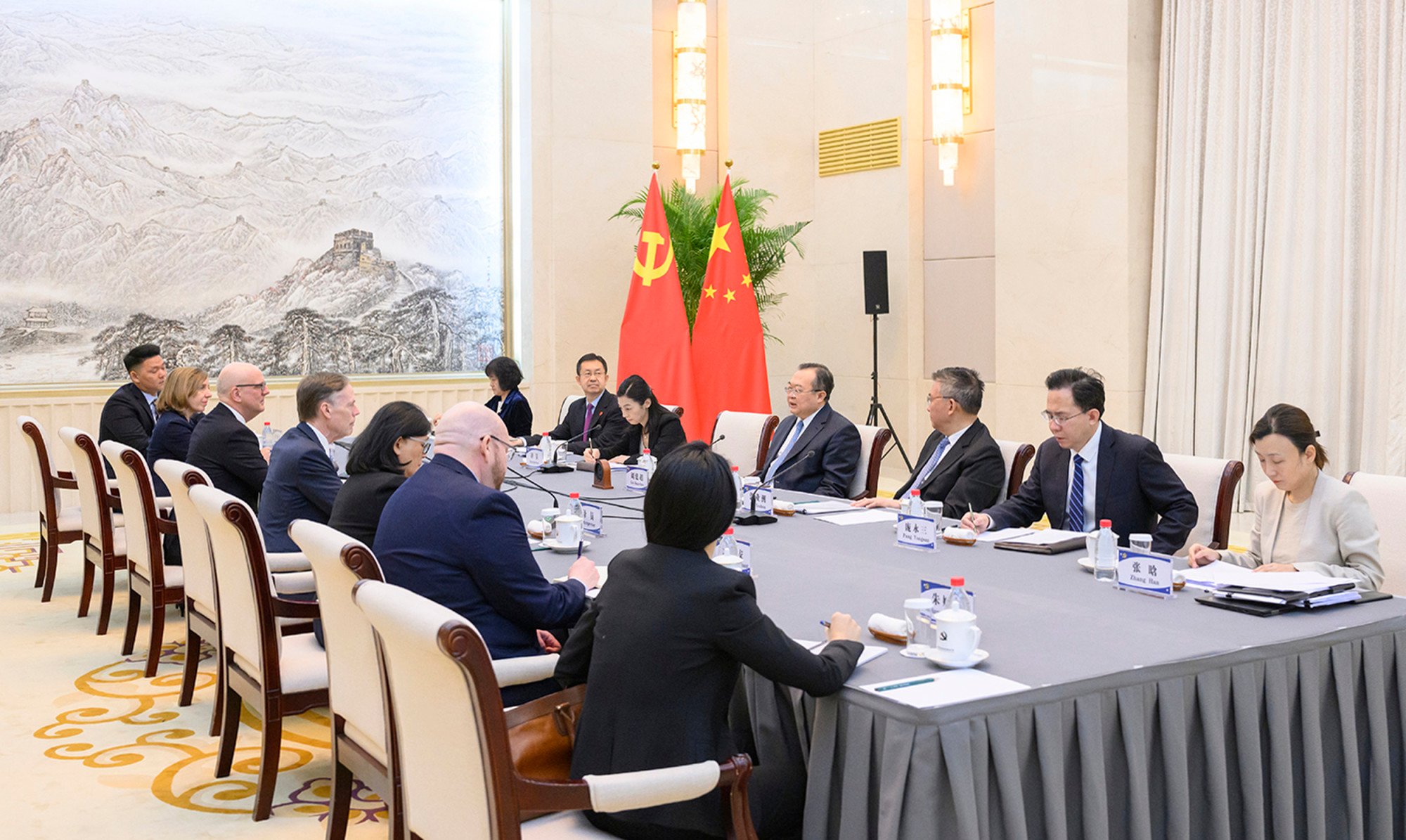
Chinese Communist Party’s diplomatic arm in ‘candid and constructive’ meeting with US think tank Asia Society
- They discussed ways to improve communication and cooperation, and to manage conflicts and differences, according to state media
- China has stepped up backchannel efforts with the United States amid signs of a thaw in bilateral relations
The party’s International Liaison Department had a “candid and constructive” exchange of views during the “Track 1.5 dialogue” with the New York-based organisation, state news agency Xinhua reported on Friday.
Their exchange covered ways to improve communication and cooperation, and to manage conflicts and differences, Xinhua said, without elaborating.

The liaison department, with a focus on inter-party diplomacy, usually plays a central role in China’s dealings with North Korea.
Track 1 diplomacy takes place between government officials, but diplomats looking to address difficult policy challenges are increasingly incorporating what is known as Track 1.5 and Track 2 dialogue – or backchannel diplomacy – into their strategies. Track 1.5 dialogue involves both government officials and non-government experts, while Track 2 discussions bring together unofficial representatives on both sides, with no government participation.
The semi-official Chinese association aims to expand friendly exchanges between China and other countries.
Yang and Hertzberg agreed that a “long-term and strategic view” was needed on US-China ties, and that more cooperation at the local level and people-to-people exchanges would help get relations “back on the right path of healthy and stable development”, according to Xinhua.

If Joe Biden and Xi Jinping do hold a summit in November, analysts say it is unlikely to arrest the decline in bilateral ties. The two powers are at loggerheads over issues ranging from trade and technology to the South China Sea and Taiwan.
But in backchannels China has stepped up efforts to improve ties with the US. Earlier this month a group of Chinese academics – led by Yu Tiejun of Peking University – visited Washington on an eight-day trip. It included a three-day conference hosted by US think tank the Centre for Strategic and International Studies, where they discussed reviving academic exchanges.
They also spoke about the bilateral relationship with Daniel Kritenbrink, US assistant secretary of state for East Asian and Pacific affairs, and Sarah Beran, National Security Council senior director for China and Taiwan affairs, according to a WeChat post by Peking University.
It quoted Chinese envoy to the US Xie Feng as saying that “finding the right way for China and the US to coexist in this new era also requires deep participation and insights from think tanks and scholars from both countries”.

